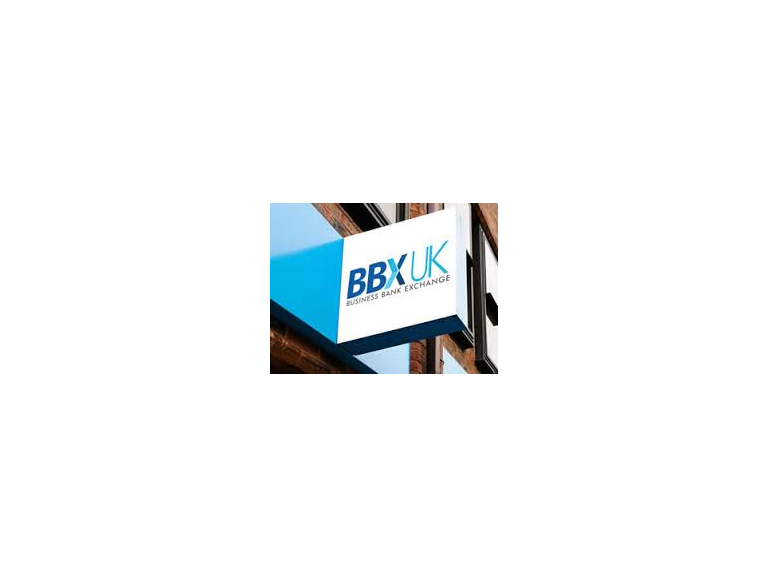
Kemp-Robertson’s talks about 10 kinds of alternative currency back in 2013, here today in Hampshire businesses can already work together through BBXUK. The BBX solution allows you to turn your spare business capacity into meaningful profit.
Back Paul Kemp-Robertson's ten alternative currencies:
The following Cookies are used on this site. Users who allow all the Cookies will enjoy the best experience and all functionality on the site will be available to you.
You can choose to disable any of the Cookies by un-ticking the box below but if you do so your experience with the Site is likely to be diminished.
In order to interact with this site.
To show content from Google Maps.
To show content from YouTube.
To show content from Vimeo.
To share content across multiple platforms.
To view and book events.
To show user avatars and twitter feeds.
To show content from TourMkr.
To interact with Facebook.
To show content from WalkInto.